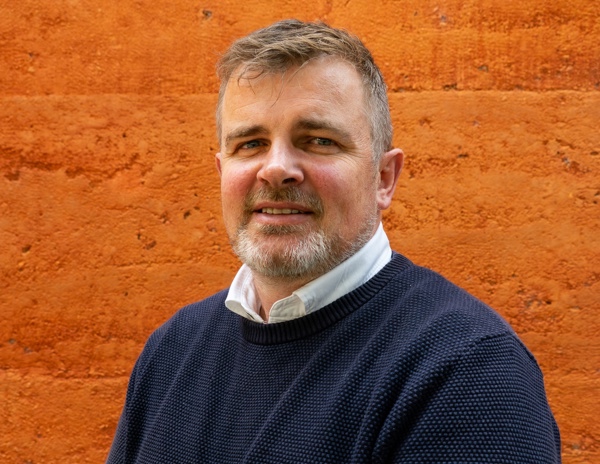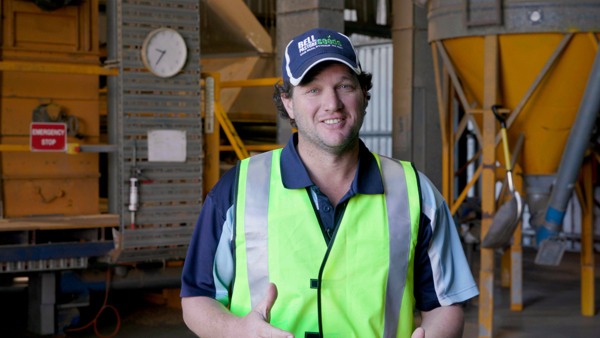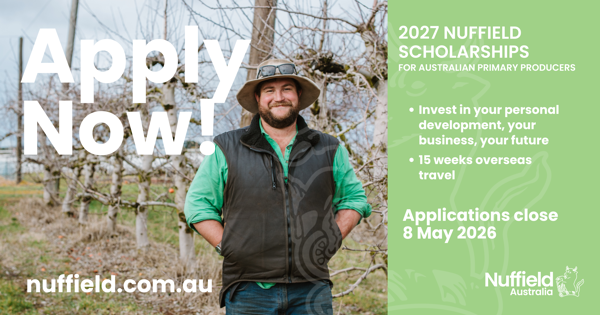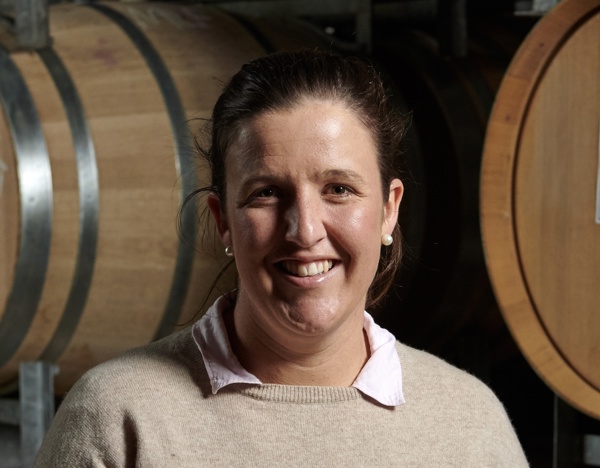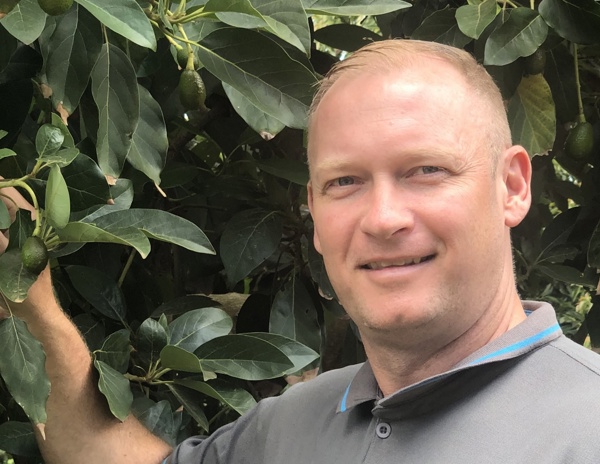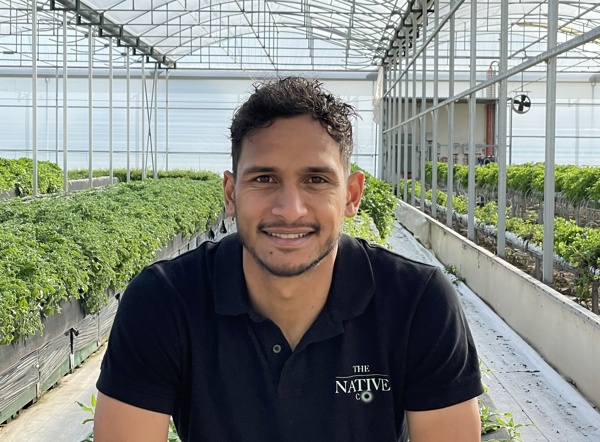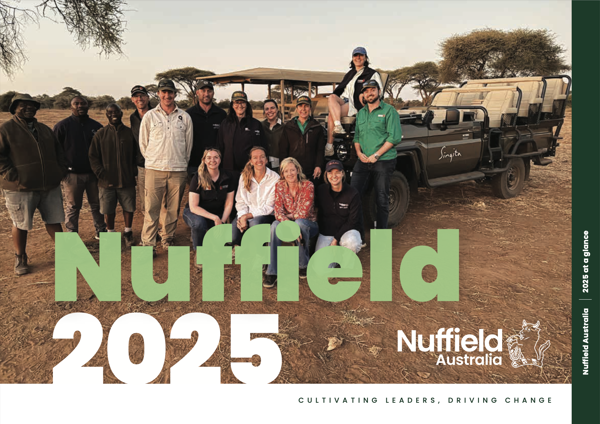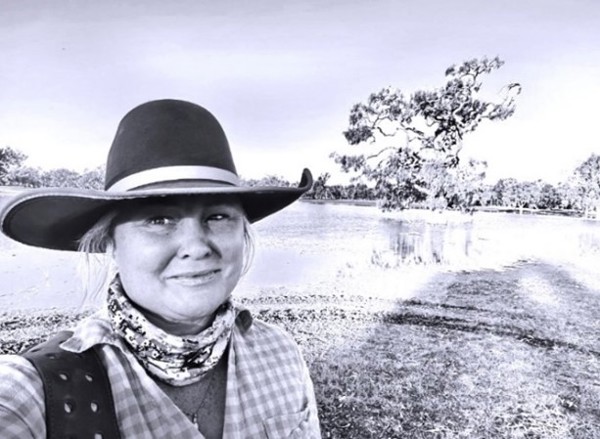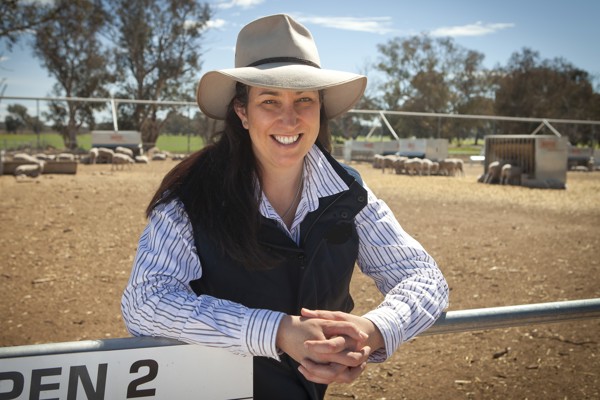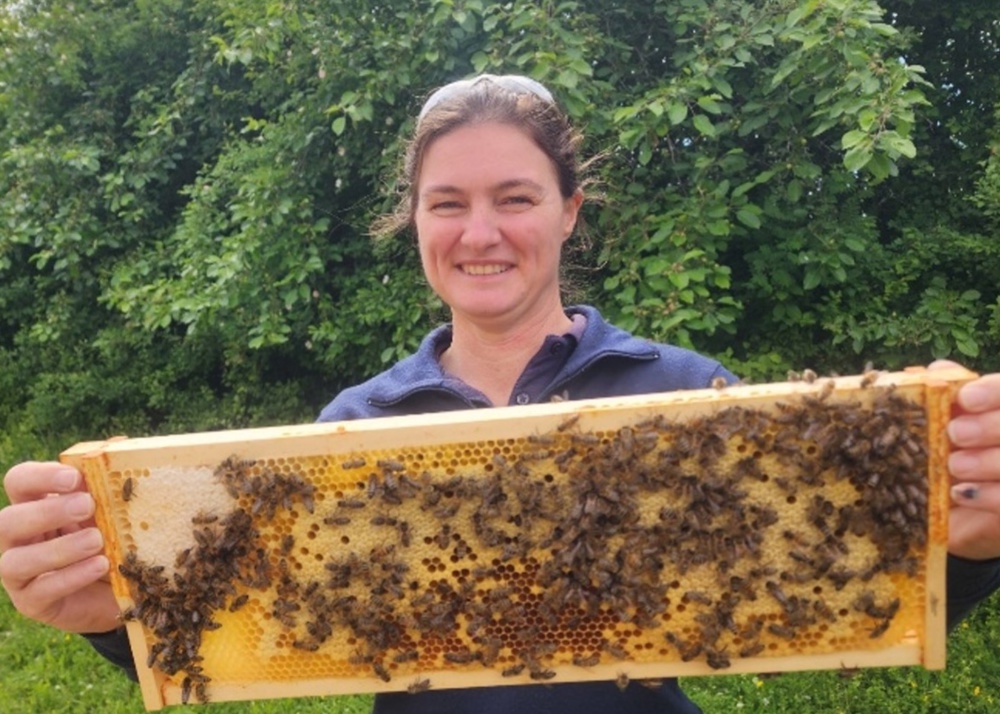
Integrated Pest Management: Equipping Tropical Beekeepers for Varroa
"Beekeeping is still about bees, not about mites. The arrival of Varroa destructor changes everything, but with the right strategies we can adapt, innovate, and build resilience."
A New South Wales beekeeper is calling for a fresh approach to managing one of the biggest threats facing Australian apiculture: Varroa destructor.
Jackie Morrison, 2023 Nuffield Scholar, has released her report Varroa destructor: IPM for tropical Australian beekeepers, which provides a practical framework for beekeepers navigating the arrival of this destructive pest. Supported by AgriFutures Australia, Jackie’s research draws on international case studies and local realities to deliver tools tailored for Australia’s tropical and subtropical regions.
“Varroa’s arrival in June 2022 was a turning point for Australian beekeeping,” Jackie explains. “Recreational and small commercial beekeepers in particular need clear, practical pathways to manage mites effectively while maintaining strong hives and healthy businesses.”
Her report introduces the IPM Broodcomb, a five-step framework designed to make Integrated Pest Management (IPM) accessible to beekeepers unfamiliar with the concept. The approach emphasises:
- breeding Varroa-resistant queens,
- strong hive husbandry,
- consistent mite threshold monitoring,
- breaking the reproductive cycle (with a focus on chemical-free, biotechnical methods), and
- removing phoretic mites.
Jackie’s travels across Hawai’i, the USA, New Zealand, Fiji, the UK, Germany and Sweden exposed her to diverse beekeeping responses to Varroa, from chemical-heavy systems to innovative, biotechnical practices. Highlights included witnessing chemical-free hive management in Germany and club-level breeding projects for resistant stock in the UK, which she says provide hope and inspiration for Australia.
The report also warns that the first years of infestation will bring volatility and loss. Feral hive die-offs, higher management costs, and greater pollination demand will reshape the industry. To adapt, Jackie recommends increased investment in resistant queen breeding programs, education on biotechnical methods, improved mite monitoring, and marketing support for beekeepers managing consumer confidence.
“Globally, beekeepers have shown it’s possible to live with Varroa. With our strong biosecurity foundations and access to decades of international research, Australian beekeepers are well placed to rise to this challenge.”
Jackie Morrison operates Honeyvale Farm and Ballina Honey in the Northern Rivers of NSW. She presented her findings at the 2024 Nuffield National Conference in Launceston, Tasmania.
Her full report is now available
